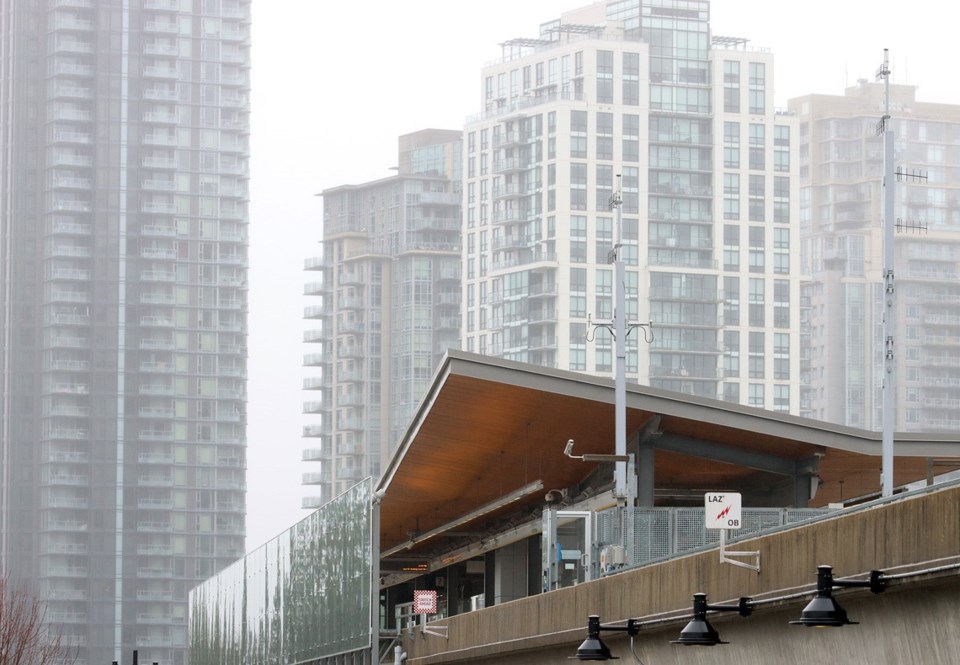The Editor:
Everyone these days talks about “affordable housing” as though it’s self-evident that we all want it.
The problem is, we don’t.
Not really. In theory maybe, but not in practice.
How often do we hear the clarion call, "We need to crack down on speculators?"
The nature of home ownership effectively turns us all into speculators.
We all know how the game works: If you put 20 per cent down and the price goes up 20 per cent, your equity has doubled.
So you sell, upgrade to take on a higher mortgage or a second property, keep some of the cash and keep going all the way to retirement. You naturally want prices to keep going up. Why wouldn’t you?
"Ponzi scheme" has been used to describe this and it’s not far off the mark. We're all complicit to some degree.
Non-homeowners, meanwhile, are left out, as home prices are increasingly out of reach.
Using some standard definitions of affordability and some back-of-napkin numbers, a family with a median household annual income of $84,000 and a $100,000 down payment would be able to just barely "afford" a one-bedroom condo.
That’s if interest rates don’t go up, which it looks like they will.
Keep in mind, too, that’s median household income — meaning half of households wouldn’t be able to afford even that one-bedroom condo.
(In practice, many manage to make it work by pushing their finances to, or beyond, the bearable limit. I’ve been “house-poor” myself. It’s unhealthy and unsustainable.)
So what would affordability mean in practice?
I just saw a report that the average three-bedroom town home — a modest but respectable home — in Port Coquitlam is now selling for close to $1.1 million.
For that to be “affordable” to only half of starting households would require a 50 per cent devaluation. Probably more after you factor in maintenance costs, strata fees, etc.
In other words, "affordability" in practical terms would translate to "foreclosure" for most homeowners and “bankruptcy” for many.
That’s why we don’t want it.
Nobody knows how to wind back the clock.
It’s also not a "supply problem."
It’s almost entirely the value of land that keeps going up and we aren’t making any more of it, with good reason. Building more units won’t magically cause land devaluation. Densification on the contrary increases land value, kicking the can down the road without solving the problem.
There are numerous benefits to restricting foreign ownership and building more non-market housing or purpose-built rentals. We can, and definitely should, do more of these. This is not an argument against growth or sustainable development.
But unless we’re willing to accept mass foreclosures and widespread economic collapse, these measures for all their merit won’t solve the “affordability” problem, which is really a "land-value" problem.
The question we really need to be asking is, what will?
- Erik Minty, Port Coquitlam





